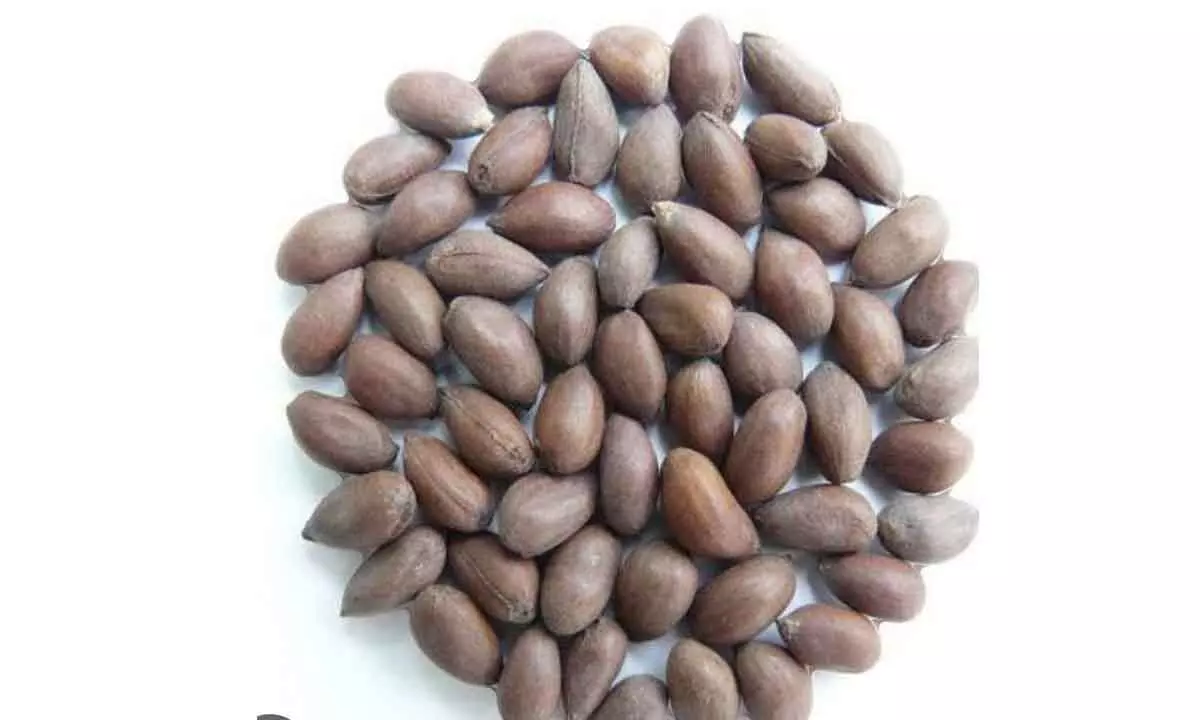Gadwal: District Agri officials to give clarity on Failed cotton seeds...

The situation in Jogulamba Gadwal district regarding seed cotton cultivation is dire. Farmers in this region heavily invest in cultivating seed cotton, spending between Rs. 1 lakh to Rs. 2 lakh per acre. If the seeds germinate successfully, they can expect to save between Rs. 50 thousand to Rs. 1 lakh per acre. However, if the seeds fail to germinate, farmers incur significant financial losses, as they receive no returns.
The situation regarding failed cotton seeds in Jogulamba Gadwal district is further complicated by a lack of government orders and oversight. Scientists have indicated that planting these failed seeds might not result in significant losses, but there are allegations of malpractice by some organizers and seed traders. These individuals reportedly purchase the failed seeds from farmers, treat them with acid, dye them, and then repack them under different company names to sell at high rates—ranging from Rs. 800 to Rs. 1,000 per packet.
Farmers face legal action if they try to sell these failed seeds to others or even if they store them at home. Cases are being filed against farmers, adding to their worries as the district administration seizes the failed seeds without providing a clear course of action. Farmers are left in a difficult position, unsure of what to do if seed companies refuse to take back the failed seeds.
Seed companies determine the viability of seeds by taking samples post-harvest. If the seeds meet germination standards, the farmer can earn money. If not, they get nothing. This situation leaves farmers vulnerable to financial losses, as they have no formal agreements or protections. In some instances, the failed seeds are not even returned to the farmers, causing further grievances. Farmers are demanding more accountability and clear guidelines from seed companies and the government to address these issues.
A key issue is the lack of clear guidelines and support from agriculture officers and the government regarding what farmers should do with failed seeds. As a result, farmers often store these failed seeds at home, leading to additional legal troubles.
Cotton is cultivated on approximately 2 lakh acres in Gadwal district, with over 40 thousand acres dedicated to seed cotton. Seed companies only accept seeds with more than 80 percent germination. Seeds with less than 80 percent germination are considered failed and are handed back to the farmers, leaving them with few options and no clear direction from agricultural authorities.
Govind Nayak, the District Agriculture Officer (DAO) of Gadwal, has stated that there are proposals for re-germination, but the seed companies have not accepted the farmers' committee's proposals to carry out germination evaluations. The intent behind these proposals is to prevent seed companies from monopolizing the seed crop grown by farmers. Despite officers suggesting that re-germination be conducted under the auspices of the Rythu Committee, this has not materialized due to the management companies' refusal.
Some scientists believe that companies might approve the seed quality for farmers if there is market demand, but if there is no demand, they reject the seeds, leading to failures for the farmers. The suggested solution is for farmers to form committees to manage the re-germination process themselves. Farmers are urging officials to focus on addressing these issues and make decisions that will benefit the farmers, especially regarding re-germination, to protect their interests and livelihoods.
Officials should clarify on failed seeds.








